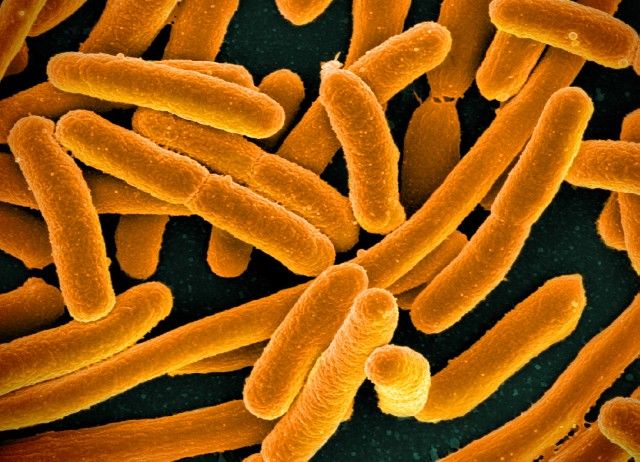Escherichia coli (/ˌɛʃəˈrɪkiə ˈkoʊlaɪ/), also known as E. coli (/ˌiː ˈkoʊlaɪ/), is a Gram-negative, facultative anaerobic, rod-shaped, coliform bacterium of the genus Escherichia that is commonly found in the lower intestine of warm-blooded organisms (endotherms). Most E. coli strains are harmless, but some serotypes (EPEC, ETEC etc.) can cause serious food poisoning in their hosts, and are occasionally responsible for food contamination incidents that prompt product recalls. The harmless strains are part of the normal microbiota of the gut, and can benefit their hosts by producing vitamin K2, (which helps blood to clot) and preventing colonisation of the intestine with pathogenic bacteria, having a mutualistic relationship. E. coli is expelled into the environment within fecal matter. The bacterium grows massively in fresh fecal matter under aerobic conditions for 3 days, but its numbers decline slowly afterwards. Wikipedia
Related services
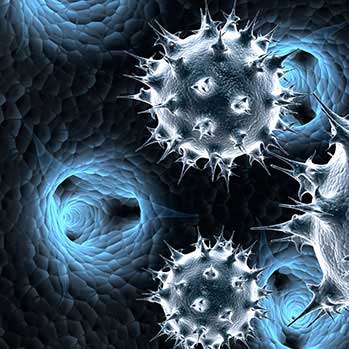
Epstein-Barr Virus – Version 5.0
Epstein-Barr virus (EBV) is a chronic condition in a large segment of the population causing many negative health effects.
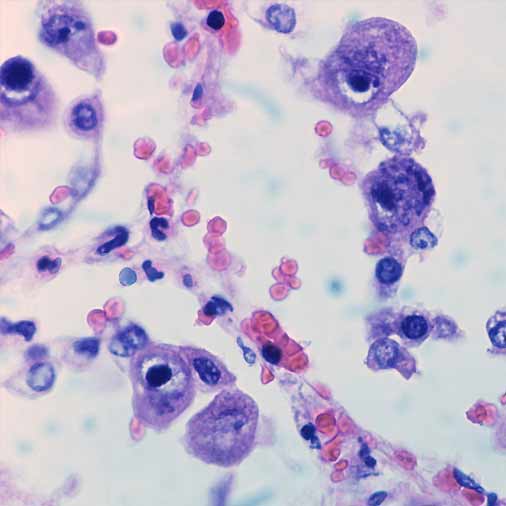
Cytomegalovirus – Version 3.5
Cytomegalovirus is a persistent virus widespread in the population that causes increasing problems with aging through its degradation of the immune system.
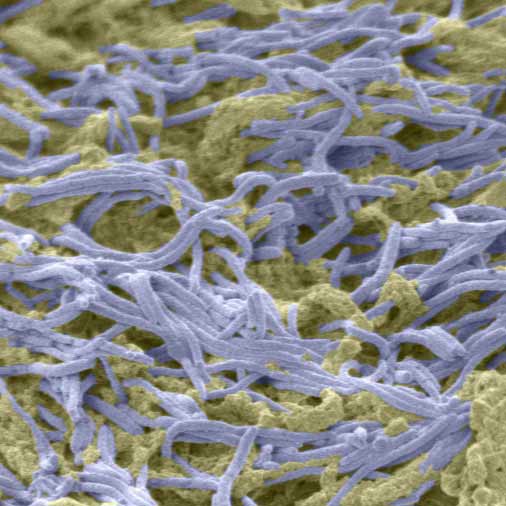
Biofilms – Version 8.0
Biofilms – Version 8.0 is based on decades of research and has over 1200 biofilm frequency sets.

Alzheimer’s Disease – Version 2.0
For some months I have been researching Alzheimer’s disease. All patients are infected with certain biofilms which may be causing the plaque buildup in the brain.
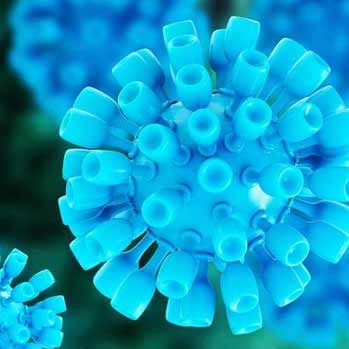
Hepatitis C – Version 2.6
The swine flu virus complex circulated many viruses and bacteria including Hepatitis C.
